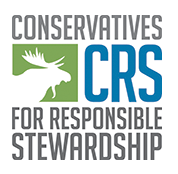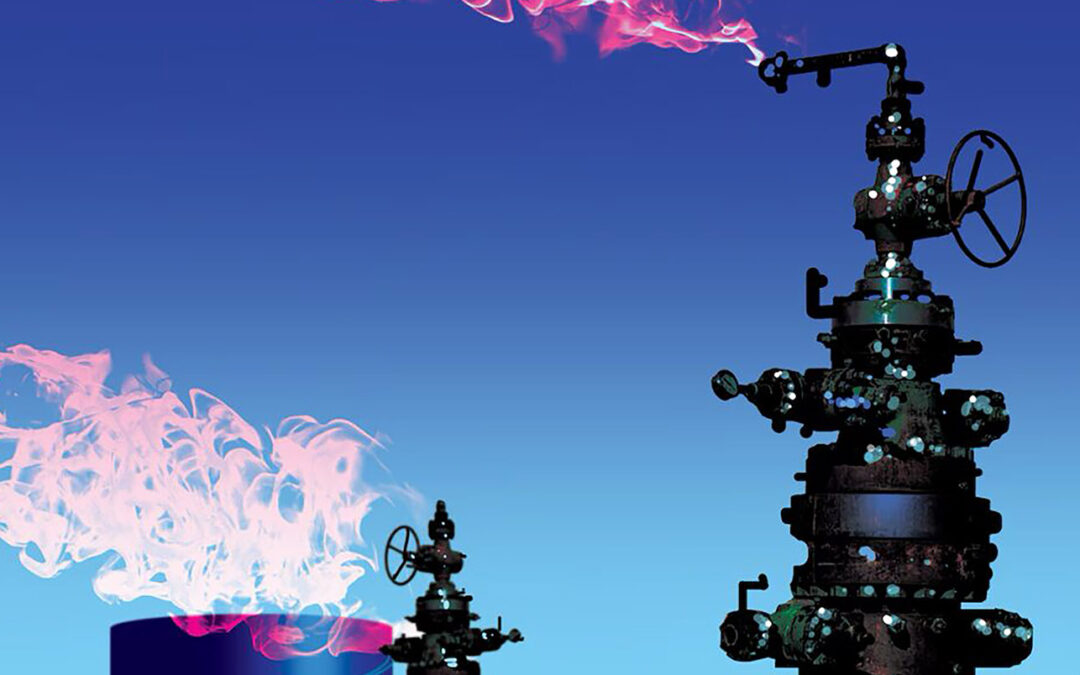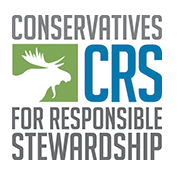EPA’s methane rule targeting waste is conservative – good for business and our futures: David Jenkins
In a guest column today, David Jenkins of Conservatives for Responsible Stewardship praises the U.S. Environmental Protection Agency’s new methane waste rule as a blow for conservatism in energy policy, preventing pollution and needless waste at the pump while improving output.Chris Morris, Advance Local
CINCINNATI — Remember the wise old saying, “Waste not, want not”? This simple truism reflects the conservative ethic of conservation. From Sunday school to the kitchen table, we have all been taught not to waste.
Waste is not only wrong, it’s costly. And this is particularly true when it comes to energy. We know putting insulation in our attics and turning lights off reduces energy waste and saves us money.
Just as wasting energy at home increases our energy bills, the same thing happens when oil and gas companies waste energy on a much larger scale.
This is a problem here in Ohio. Some oil and gas companies — usually those driven more by short-term profit than long-term investment — are wasting huge amounts of natural gas (methane) due to shoddy maintenance and leaks.
In 2019 alone, Ohio companies wasted $93 million of gas — enough to meet the annual supply needs of 11% of the state’s residential gas customers, according to a Synapse Energy Economics Inc. study.
And this is a nationwide problem. A recent Stanford study of oil and gas operations in the gas rich Permian Basin estimated that more than 9% of the natural gas produced in that area is being wasted.
Cutting those corners might save a company a few bucks in the short term, but it’s a long-term loser that ends up costing everyone.
Ohio utilities, the Public Utilities Commission of Ohio and others have attributed some recent huge hikes (55% and more) in gas and electric bills to higher natural gas prices. One big reason those gas prices are higher is that the industry is now exporting more than 10% of U.S. gas production to lucrative overseas markets. The Rhodium Group has projected that number will rise to 33% over the next decade.
Capturing the gas currently being wasted can help lessen the impact those exports have on our gas supply here.
That is why we should all welcome the U.S. Environmental Protection Agency (EPA)’s new rule to reduce methane waste from oil and gas operations. The rule, which was finalized in December and has the support of industry giants like BP, establishes commonsense standards to prevent costly gas leaks and flaring practices.
This rule helps level the playing field between the responsible companies that follow best practices and the bad actors who are giving the industry a black eye.
Also, when it comes to preventing air pollution and safeguarding our climate, eliminating methane waste is the lowest hanging fruit.
Methane has more than 80 times the near-term climate warming potential of carbon dioxide, as such, reducing the amount going into our atmosphere will have an outsized impact on the warming that is wreaking havoc on our weather. It can help reduce budget-busting property damage from natural disasters, and stem the painful rise in insurance costs.
Fixing it, just like fixing a gas or water leak in your home, ends up saving money in the long run.
Beyond helping reduce our energy and insurance bills, capturing and selling natural gas — a publicly owned resource — instead of wasting it, ultimately benefits the producer’s bottom line and creates jobs that further boost our economy.
It’s worth also pointing out that none of the royalty revenue owed to the public is collected for the natural gas lost through leaks and poorly maintained equipment. Therefore, we taxpayers are, in effect, subsidizing the irresponsible and wasteful practices that end up polluting our air and raising our cost of living.
Over the next 14 years, this new rule is estimated to eliminate 58 million short tons of methane emissions — which will have a climate benefit similar to taking a billion cars off the road — and also cut 16 million tons of smog causing volatile organic compounds (VOCs).
By saving Americans money, boosting our economy, and reducing pollution, the EPA’s methane rule represents the exact kind of win-win that genuinely conservative policymakers have always pursued.
Of course, those corner-cutting bad actors will grumble about having to adopt the same best practices as industry leaders, but we can’t afford their self-serving rhetoric to turn our elected officials against this commonsense new rule.
David Jenkins is president of Virginia-based Conservatives for Responsible Stewardship, a national organization with members in Ohio.



